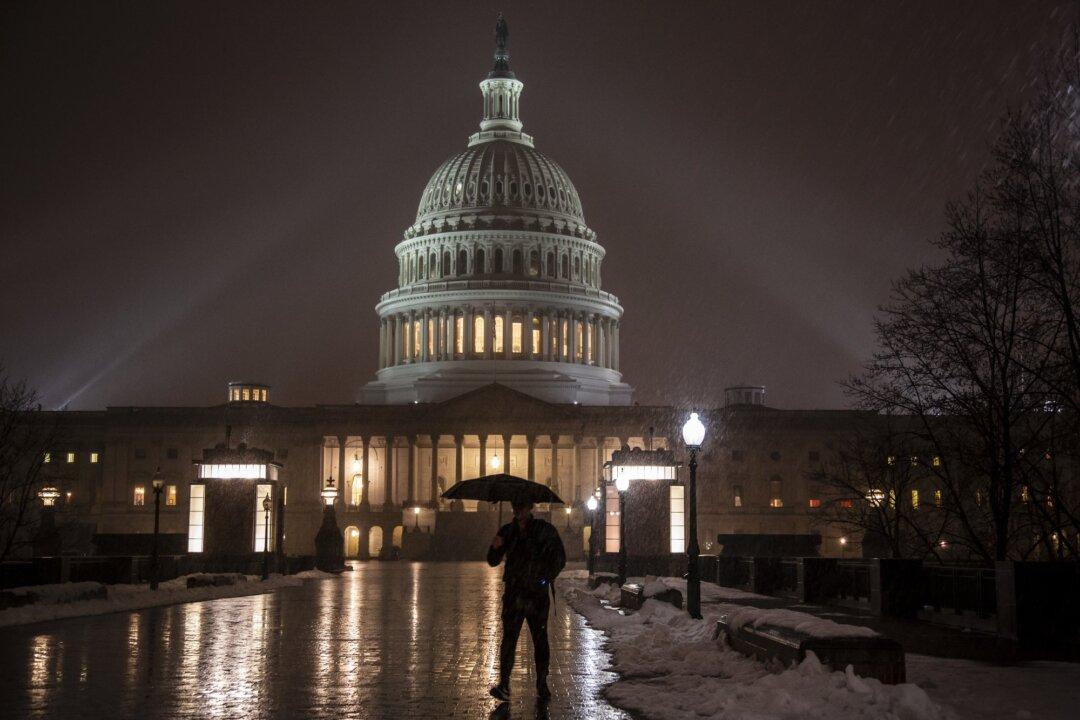A number of colleges in the United States are still employing policies that severely restrict freedom of speech for students and faculty from “across the ideological and political spectrum,” according to research from The Foundation for Individual Rights in Education (FIRE), a nonprofit organization that focuses on civil liberties in the education sector.
Such censorship prompted President Donald Trump last week to sign an executive order with teeth, instructing colleges across the nation to protect free speech on their campuses—or risk losing federal research funding. One recent high-profile incident that prompted the move involved Hayden Williams, a conservative activist who was assaulted at the University of California–Berkeley as he was recruiting for Turning Point USA.





